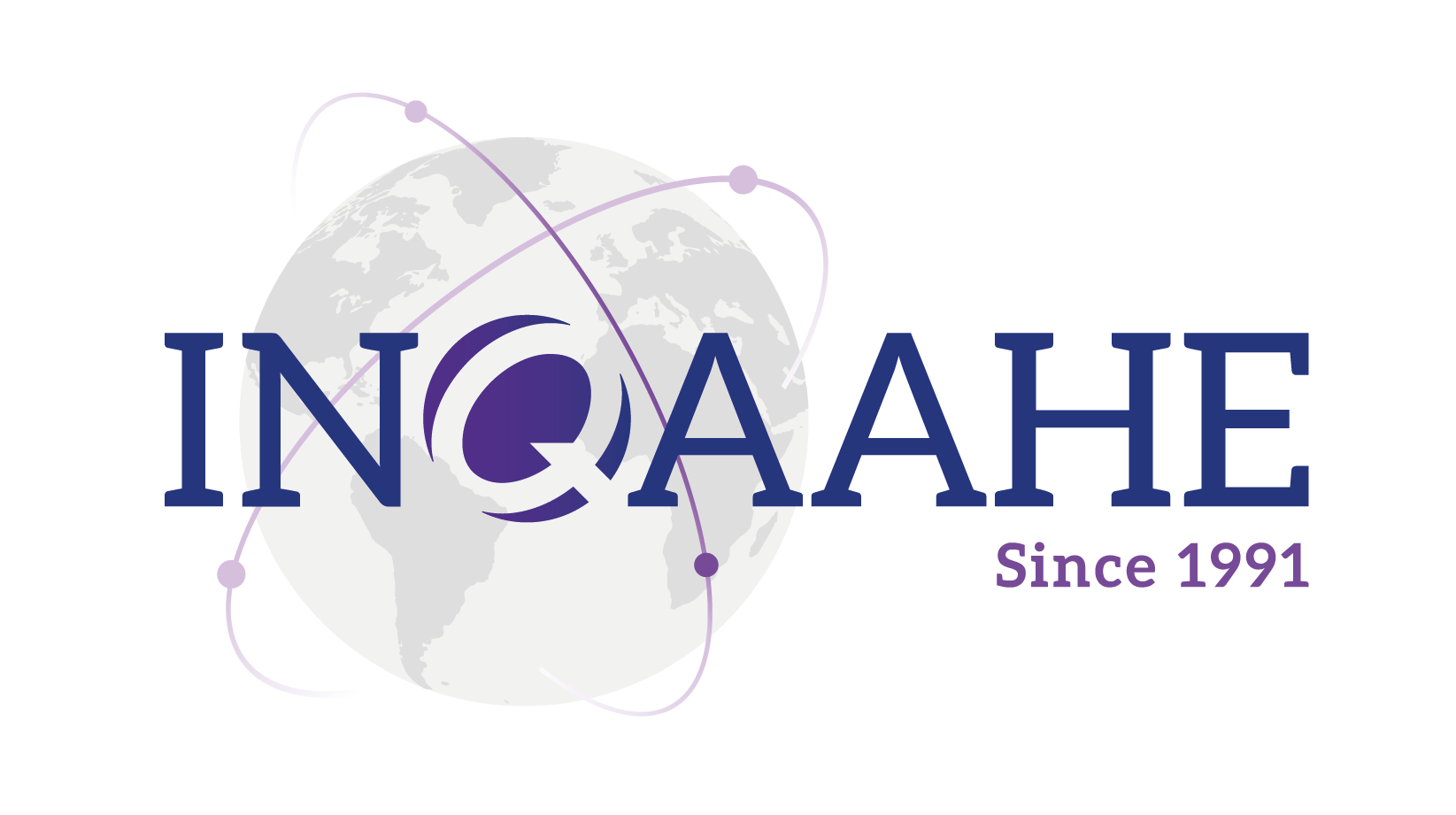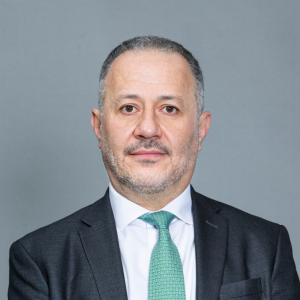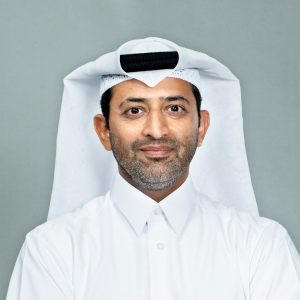
INQAAHE Forum 2024
Transforming Society: Social Reponsibility trough Quality Assurance of Tertiary Education
June 11, 2024
Roundtable
Sub-theme 3: Designing Curricula for Societal Impact
Responding to the Third Qatar National Development Strategy: An NCQAA Perspective
In 2023, the National Committee for Qualifications and Academic Accreditation (NCQAA) developed a set of institutional accreditation standards for higher education institutions in Qatar. Towards the end of the year, the State has announced the third national development strategy (NDS3) 2024-2030 that should guide the strategic directions of the country in all aspects toward the year 2030, the year of realizing Qatar National Vision (QNV). In response to that, NCQAA has analyzed the NDS3, and put an action plan to align with the new strategy. In the presentation, a summary of NDS3, its implications on the higher education sector, and the response of NCQAA as the national accreditation agency will be provided with specific examples.
In 2008, a national vision for the state of Qatar was published to lay down how the country should look like in 2030. With its emphasis on human development, calling for an educated population, there have been ever since three national development strategies that were articulated, the latest of which came in early 2024, to guide the realization of the national vision.
The national committee for qualifications and academic accreditation (NCQAA) was established in late 2022 to manage the national qualifications framework, and to start the process of institutional and programmatic accreditation in the country. In 2023, NCQAA has developed a set of institutional accreditation standards that followed best international practices while catering to the local needs of Qatar. NCQAA standards are being piloted in 2024 with two institutions, and throughout the process, comments and implementation feedback is being collected to adjust the standards before a wider implementation. When NDS3 was released, NCQAA felt the need to have a thorough examination of the strategy
for an effort to align, not only its standards, but rather its overall operation.
The response of NCQAA has two folds:
- Operational, and on the standards’ level.
- Operational response: NDS3 has a strong focus on efficiency and competitiveness, especially in the governmental sector which usually suffers from lower efficiency levels.
NCQAA is currently revising its organizational structure and is in the process of developing an internal quality assurance manual to enhance its operations’ efficiency. Institutional Accreditation Standards Response: after careful reading of NDS3, specific strategic directions and keywords that are related to higher education have been identified. These include: Enhancing the status of Qatar as hub for higher education, focus on quality of graduates to support emerging economic and industrial clusters, increased focus on STEM disciplines, support for the innovations and entrepreneurship national frameworks, among others.
The alignment of the standards can be done through different approaches:
- Updating the standards: where more specific key words can be introduced to the relevant standards to reflect the focus of the strategy (e.g., entrepreneurship, sustainable development, etc.).
- Adding a specific criterion under standard 5 (Making Impact and Meeting Stakeholders Expectations) which requires institutions to report on how NDS3 requirements were addressed by the institution.
- Keeping the standards unchanged but updating the resource manual of the standards to include examples and clarifications on how to respond to NDS3.
- Adding a section to the self-study report which requires institutions to report on how NDS3 requirements were addressed by the institution.
The presenters plan to engage the audience to learn more about their experiences of aligning accreditation standards to national strategies, and what level they believe will be both more effective and sustainable.
Facilitated by:
Dr. Mazen O. Hasna
Dr. Mazen O. Hasna (Senior Member, IEEE) holds a B.Sc. degree from Qatar University (1994), an M.Sc. from the University of Southern California (1998), and a Ph.D. from the University of Minnesota Twin Cities (2003), all in electrical engineering. With more than twenty years of academic experience, he excels in research, teaching, and educational leadership.
At Qatar University, Dr. Hasna held roles including Head of Electrical Engineering Department, Dean of College of Engineering, and VP/Chief Academic Officer. Throughout his tenure at Qatar University, he was a founding member of the Society of Qatari Engineers, IEEE Qatar section, and co-established the Qatar Mobility Innovation Center, advancing wireless communication at Qatar Science and Technology Park.
As a prolific researcher, he has published 240+ publications with more than 9000 citations. He was the first from Qatar to be included in Thomson Reuters' highly cited list of researchers in 2015. His research focuses on wireless communication, including a project with the Ministry of Foreign Affairs to establish an affordable network connecting the Comoros Islands.
Dr. Hasna serves on senior committees like the Education Excellence Award's Board of Trustees and the Energy and Industry Qatarization Awards Advisory Committee. He represents Qatar on the Arabian Gulf University's Board of Trustees since 2014.
Dr. Rashid S. Al-Kuwari
Dr. Rashid Al-Kuwari has over 24 years of experience in the energy and industry sector, holding several leadership positions in the fields of engineering management, strategic planning, and human resources management. Dr. Rashid has been a member of the National Committee for Qualifications and Academic Accreditation in Qatar since 2022. He has been a member of the Board of Trustees of the Community College in Qatar since 2017. He serves as Chairman of the Industry Advisory Board for Mechanical Engineering Program at Texas A&M University in Qatar. Dr. Al Kuwari is a Chartered Quality Professional and a Chartered Manager and member of the Chartered Management Institute.
If you have any question about the event, please do not hesitate to contact INQAAHE and/or the Forum host, ARACIS.




